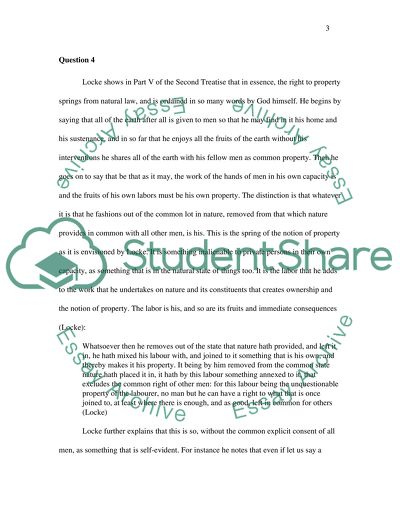Cite this document
(“Moral Philosophy Essay Example | Topics and Well Written Essays - 1000 words”, n.d.)
Moral Philosophy Essay Example | Topics and Well Written Essays - 1000 words. Retrieved from https://studentshare.org/philosophy/1487444-moral-philosophy
Moral Philosophy Essay Example | Topics and Well Written Essays - 1000 words. Retrieved from https://studentshare.org/philosophy/1487444-moral-philosophy
(Moral Philosophy Essay Example | Topics and Well Written Essays - 1000 Words)
Moral Philosophy Essay Example | Topics and Well Written Essays - 1000 Words. https://studentshare.org/philosophy/1487444-moral-philosophy.
Moral Philosophy Essay Example | Topics and Well Written Essays - 1000 Words. https://studentshare.org/philosophy/1487444-moral-philosophy.
“Moral Philosophy Essay Example | Topics and Well Written Essays - 1000 Words”, n.d. https://studentshare.org/philosophy/1487444-moral-philosophy.


